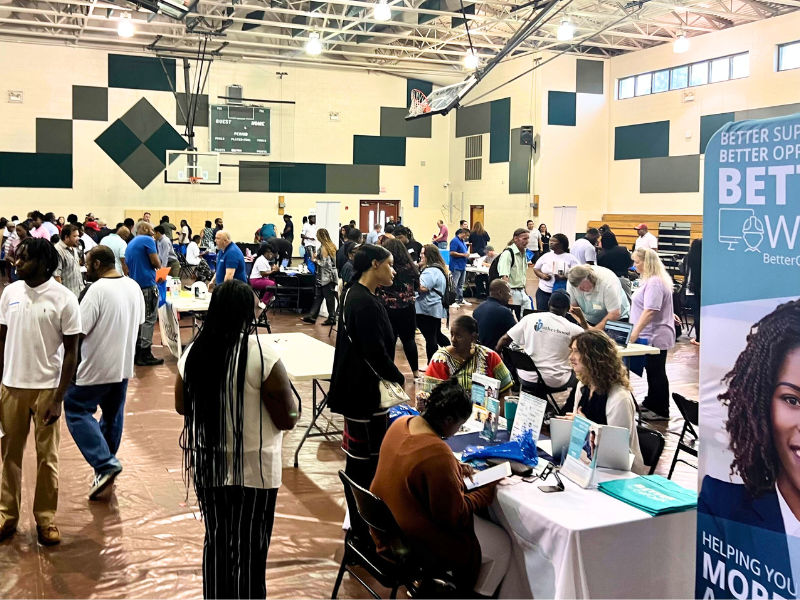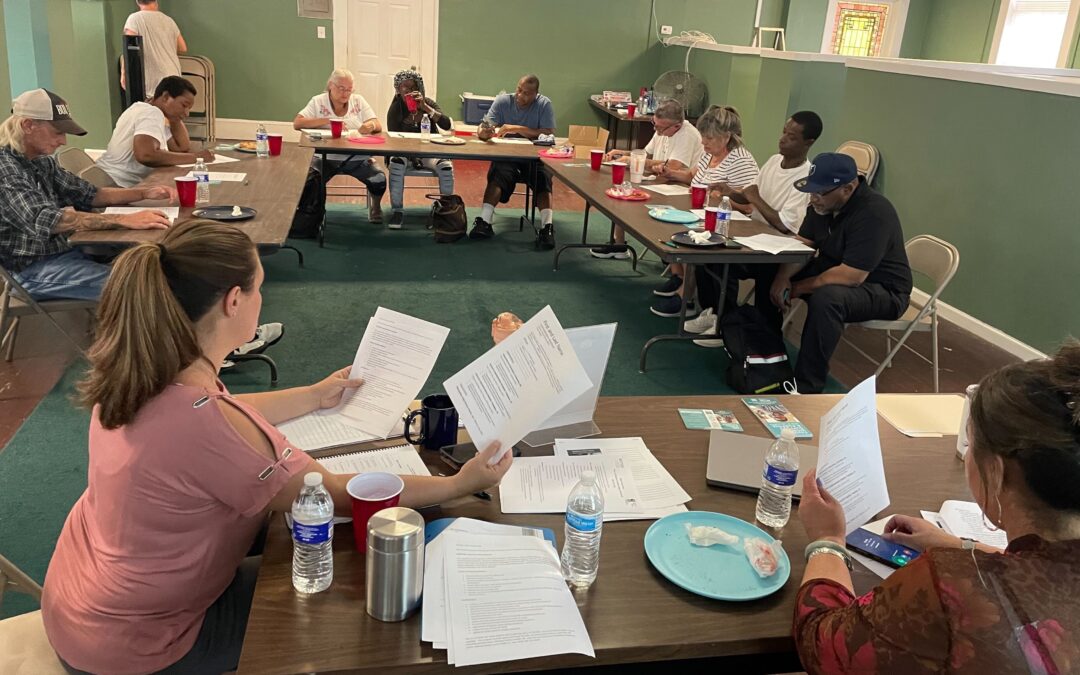
Local organizations host first meeting for community collaborative effort, ‘The Columbus Empowerment Network’

Local organizations host first meeting for community collaborative effort, ‘The Columbus Empowerment Network’
Representatives from Cure Violence Columbus and the Georgia Center For Opportunity are bringing what they call The Columbus Empowerment Network to the city, and they say having a collaborative like this will help the people in the community get involved and make the changes they want to see in their communities.
According to the Columbus Police Department, this year in Columbus there have been 36 murders, 25 rapes, 185 robberies, 465 aggravated assaults, 683 burglaries…..these are just a few statics from January 1st of this year through October 16th.
Columbus resident James Stokes said he saw a shooting earlier this year near Fuel Tech on Ft. Benning Road and he says it’s a normal thing…








